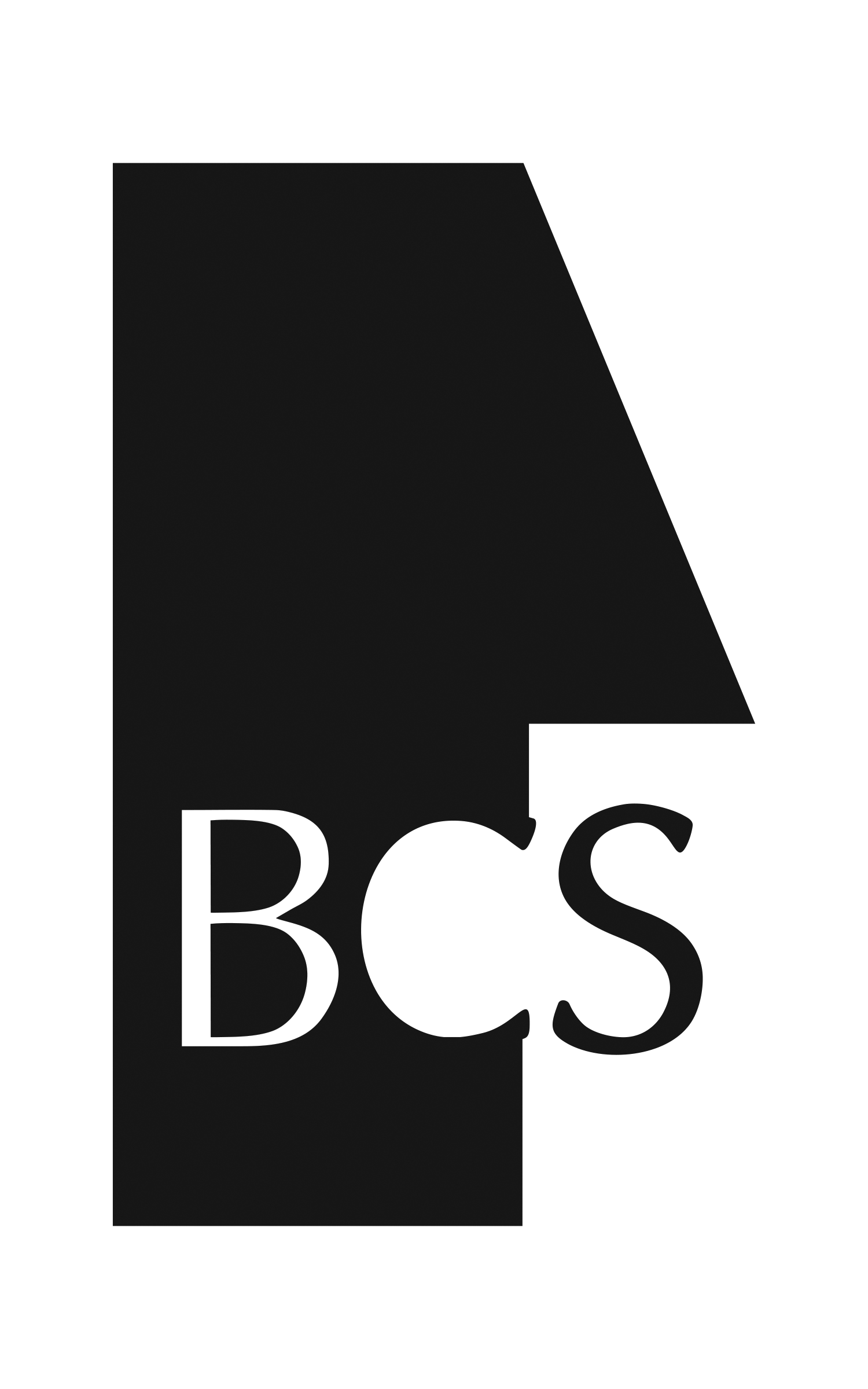On February 20th, 2016, The Bloomington Chamber Singers performed Wolfgang Amadeus Mozart's Requiem, K.626. The last, and possibly greatest choral work of the composer, the work was left unfinished; Mozart died before completing the Mass. His pen stops poignantly, sadly, after the first few measure of the "Lacrimosa." And then there is only silence.Shortly after Mozart’s death, two of his students, Joseph Eybler and Franz Süssmayr, approached Constanze Mozart offering to complete the work. Constanze needed the money that the completed commission would provide, and thus gave both students permission to tackle the task. Eybler completed several movements but then felt he was unable to continue, so it fell to Süssmayr to complete the lion’s share of the finishing work, and he, therefore, is credited with bringing the work to the state where it could be actually performed. Nonetheless, it still is quite clearly a torso and not the work of the brilliant musician who conceived it and sketched its initial movements.Over the years, various editors and musicologists have published their own reconstructions of the work, some more successful than others. A number of years ago, BCS performed the Requiem using the relatively recent edition of Robert Levin, a reconstruction that was quite in vogue for a number of years.We performed Süssmayr’s edition, which most scholars and musicians now agree most honestly reflects Mozart’s style, techniques, and intentions.Also on the program was the Communion motet "Ave, verum corpus" and, as a prelude, the Adagio and Fugue in C Minor, K. 546.BCS Music Director Gerald Sousa, now in his 27th season, conducted the Chamber Singers and Orchestra in this masterwork concert. Our program booklet is here.
Here is the review of our concert in the Bloomington Herald-Times:
2 moods of Mozart delight music lovers in weekend concerts
- By Peter Jacobi H-T Reviewer | pjacobi@heraldt.com
...More MozartThere was more Mozart on Saturday evening, but of very different mood. At the Buskirk-Chumley Theater, the Bloomington Chamber Singers performed the Mozart Requiem for what looked like a theater-filling crowd. That audience, too, responded favorably with a standing ovation for this always marvelously trained community chorus.
The group’s trainer, its conductor, its artistic director for the past 27 years, Gerald Sousa, did the expected once again. His singers seemed swept up by the sublime beauty of the music. They were in excellent voice attending to a masterpiece that Mozart did not finish before his death.Indeed, the commission to write the Requiem was, at first, not meant to be personal, but Mozart — increasingly ill and also spooked by how the assignment came to him from a mysterious figure that knocked on his door — started to believe he was writing it for himself. Later, it was discovered the strange figure worked for a noble seeking to have the music and take credit for it. But as he worked, he increasingly believed it as an ominous gift to himself.A student of Mozart’s, Franz Sussmayr, upon the composer’s death, agreed to finish the Requiem, based on sketches that Mozart left. And more often than not, the Requiem is heard in the finished-by-Sussmayr version. It was on Saturday with the enrichment of the radiant motet “Ave verum corpus.” Sousa drew his singers into the world of Mozart, his time and anguished mind, and they sang with solemn purpose and strength of spirit.They were joined by a quartet of soloists, all of them studying voice at the Jacobs School and all adding fine talents and devotion to the cause: soprano Ahyoung Jeong, mezzo Elisabeth Culpepper, tenor Thomas Drew, and bass-baritone Rafael Porto. The gathered pick-up orchestra sounded not “pick-up” at all; the instrumental contingent added significantly to the high quality of the performance.(link)

